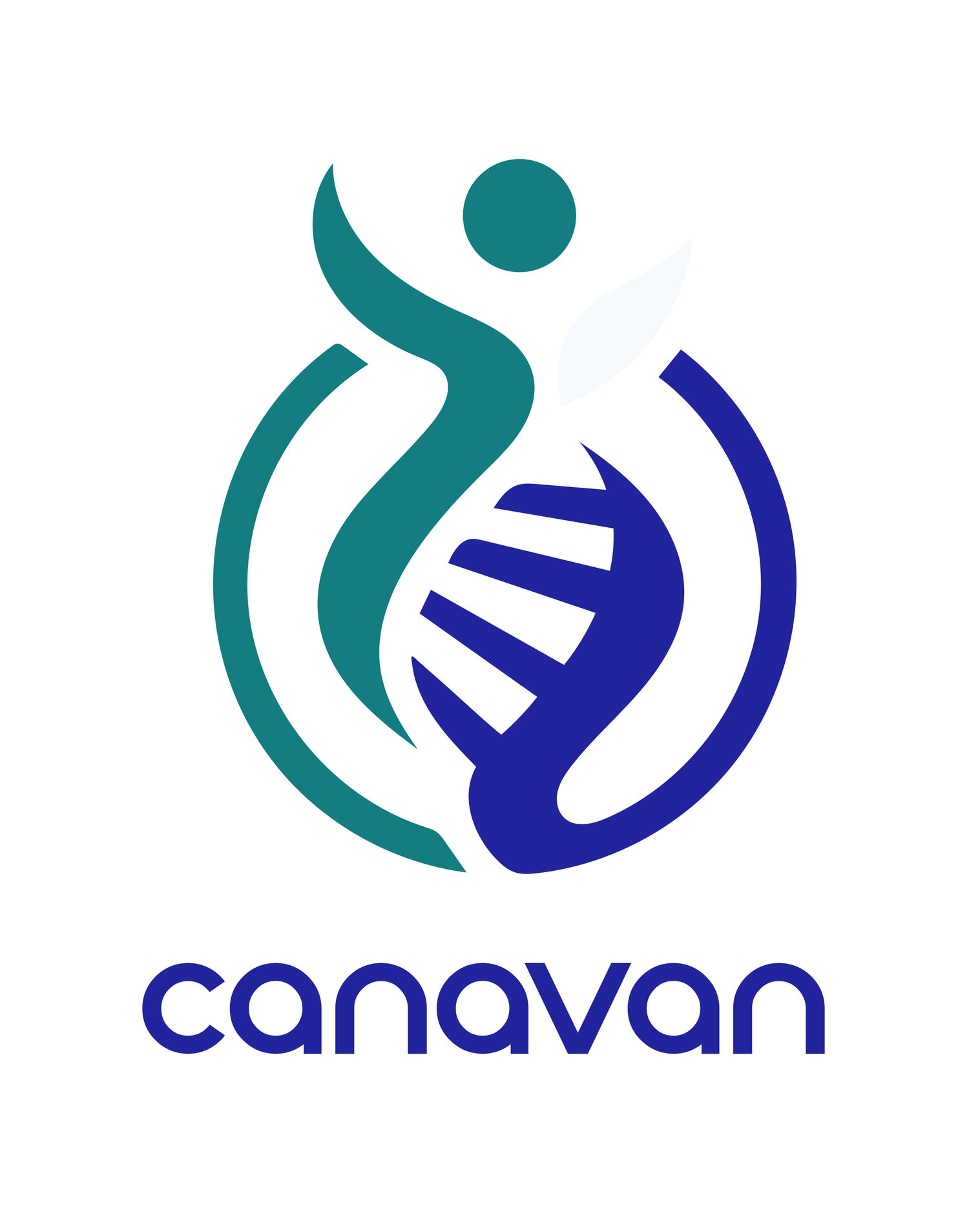What is it?
Canavan disease is a leukodystrophy - one of several devastating neurological disorders in which the brain deteriorates due to a defective inherited gene.
Like many other identified leukodystrophies, Canavan Disease interferes with the body's normal production of myelin. This fatty membrane, the central nervous system's "white matter," forms a protective coating around each nerve in the brain and spinal cord, ensuring that nerve impulses are properly transmitted.
The elements of N-acetylaspartate acid, or NAA, a naturally-occurring compound in the brain, are thought to be instrumental in building myelin. Normally an enzyme, aspartoacyclase, breaks NAA down into the building blocks needed. In those afflicted with Canavan Disease, however, a genetic mutation prevents production of this enzyme. NAA accumulates to dangerous levels, impairing the brain's communications network. This leaves Canavan children incapable of performing the simplest functions. Even if they live to their full life expectancy - three to ten years - they become blind, paralyzed, prone to seizures...and increasingly lost to the world around them.
who is at risk?
Canavan Disease appears to be most prevalent among certain semitic cultures; Ashkenazi Jews and Saudi Arabians in particular, although it is found in all ethnic groups. For a child to contract Canavan Disease, the flawed gene must be inherited from both parents.
Screening - THE FIRST STEP IN PREVENTION
For a child to contract Canavan Disease, both parents must be carriers of the defective recessive gene that causes it. But there are no signs or symptoms to warn parents they are carriers. Fortunately, a simple blood test is now available to screen at-risk populations. Parental testing is also available.
In the Ashkenazi population, approximately 1 in 38 is a carrier of Canavan Disease. When both parents are carriers, they risk a 25% chance with each pregnancy of conceiving a child with Canavan Disease. If you are of Ashkenazi descent and thinking of starting a family, ask your OB-GYN to screen for the entire panel of Jewish genetic diseases.

